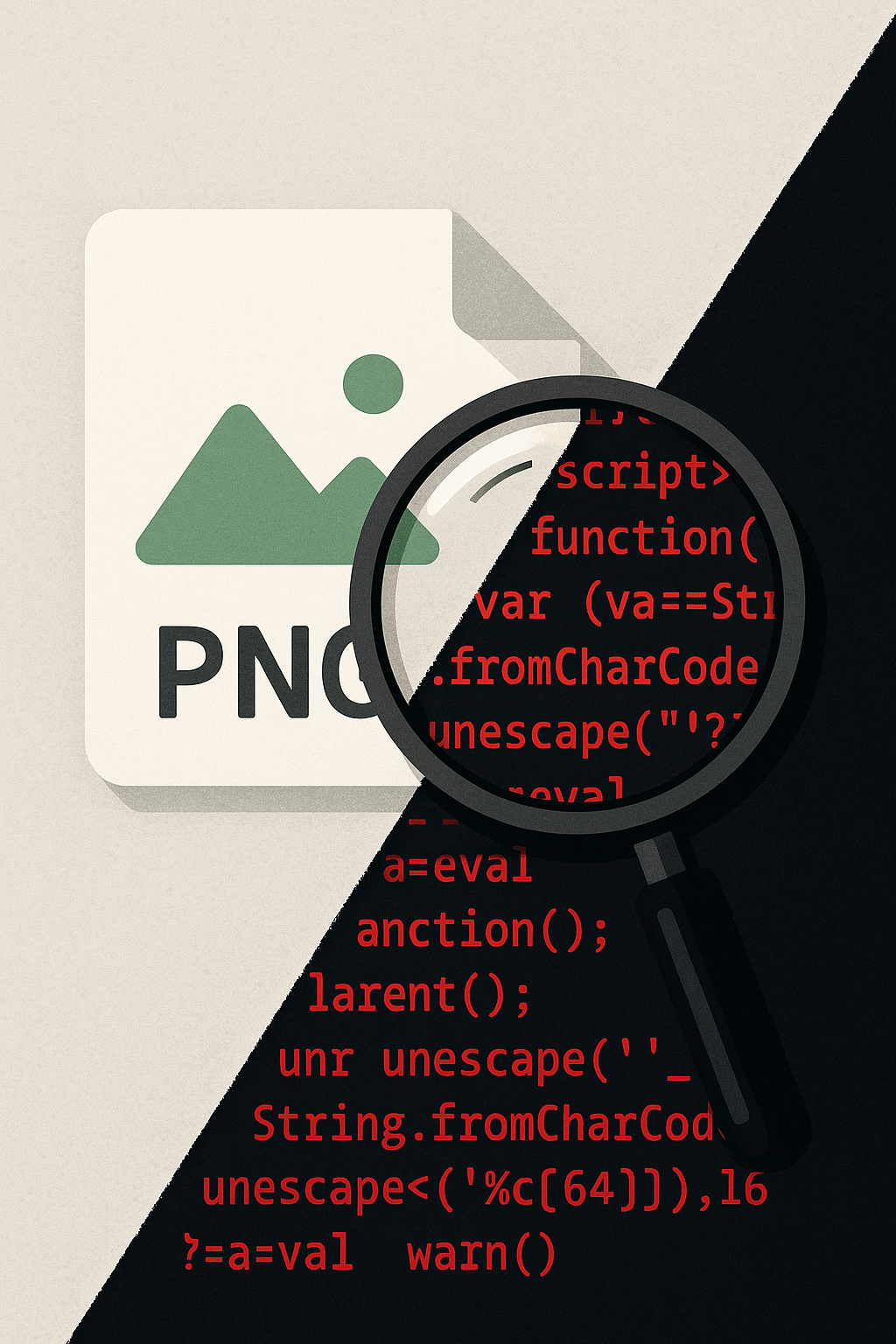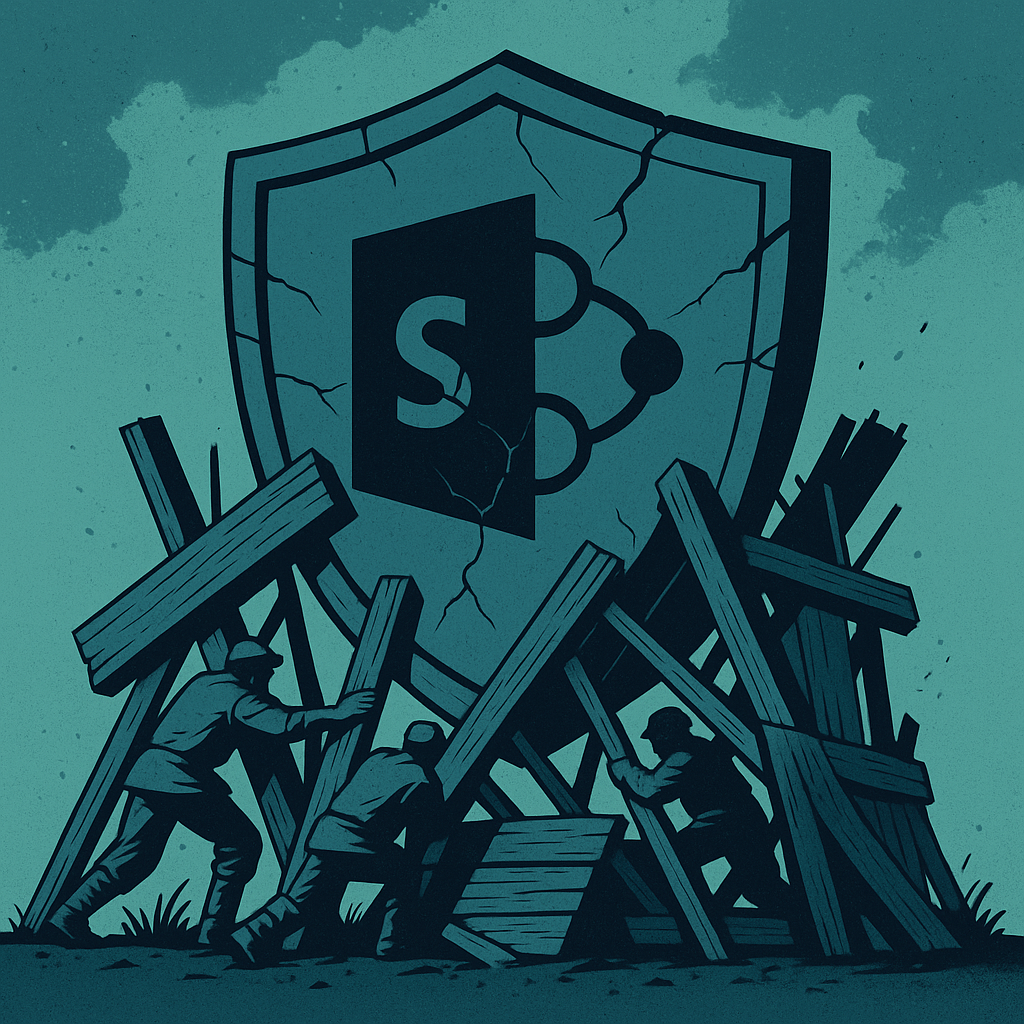By: Derek Odiorne
In today’s interconnected world, food and beverage companies rely heavily on a network of third-party vendors and suppliers to maintain their operations. From raw materials, to packaging, logistics, and even IT services, these external partners play a crucial role in the production and delivery of your products. However, while these relationships are essential for efficiency and growth, they also introduce significant cybersecurity risks. Managing these risks effectively is critical to safeguarding your business, your brand, and, ultimately, the consumers who rely on your products.
Risks Posed by Third-Party Vendors and Suppliers
Third-party vendors can be a double-edged sword. On the one hand, they provide necessary services and materials that keep your business running smoothly. On the other hand, each vendor represents a potential entry point for cyber threats. Here are some key risks posed by third-party vendors in the food and beverage industry:
1. Data Breaches
Vendors often have access to sensitive information, including product specifications, customer data, and proprietary processes. If a vendor's systems are compromised, this data could be exposed, leading to significant financial and reputational damage for your company.
2. Supply Chain Disruptions
Cyberattacks on suppliers can lead to operational disruptions, impacting your ability to produce and deliver goods. For example, if a packaging supplier experiences a ransomware attack, it could delay shipments and result in production downtime.
3. Compliance and Regulatory Risks
The food and beverage industry is subject to strict regulations, particularly regarding food safety and consumer protection. A cybersecurity incident involving a vendor could lead to regulatory violations if it compromises product integrity or consumer data.
4. Financial Losses
Cyber incidents can result in direct financial losses, such as fines, legal fees, and compensation for affected customers. Additionally, supply chain disruptions can lead to lost revenue and increased operational costs.
5. Reputation Damage
The food and beverage industry is built on trust. A cybersecurity incident involving a vendor can erode consumer confidence in your brand, particularly if it results in compromised product safety or data breaches.
Strategies for Managing and Mitigating These Risks
To protect your business from the risks posed by third-party vendors, it is essential to implement a comprehensive vendor risk management strategy. Here are some key strategies to consider:
1. Vendor Due Diligence
Before engaging with a new vendor, conduct thorough due diligence to assess their cybersecurity posture. This includes evaluating their security policies, practices, and compliance with industry standards. Ensure that they have robust measures in place to protect the data and systems they will have access to.
2. Contractual Security Requirements
Clearly define cybersecurity expectations in your contracts with vendors. Include specific security requirements, such as regular security audits, data encryption standards, and incident reporting protocols. Ensure that your contracts allow for regular assessments of the vendor's cybersecurity practices.
3. Regular Vendor Audits and Assessments
Ongoing monitoring of your vendors is critical. Conduct regular audits and assessments to ensure that they maintain the required security standards. This can involve reviewing their security policies, performing penetration testing, and evaluating their response to previous incidents.
4. Access Management
Limit the access that vendors have to your systems and data. Implement the principle of least privilege, ensuring that vendors only have access to the information and systems necessary for their role. Regularly review and update access controls to prevent unauthorized access.
5. Incident Response Collaboration
Work with your vendors to establish clear incident response procedures. In the event of a cybersecurity incident, coordinated action between you and your vendor is essential to contain the threat and minimize damage. Ensure that your incident response plans are aligned and that communication channels are established for quick coordination.
6. Vendor Education and Training
Cybersecurity is a shared responsibility. Provide your vendors with regular training and resources to help them understand the latest threats and best practices for mitigating them. This can help ensure that they are proactive in protecting your shared interests.
7. Third-Party Risk Management Framework
Implement a comprehensive third-party risk management framework that includes risk assessments, ongoing monitoring, and incident response. This framework should be integrated into your overall cybersecurity strategy, ensuring that vendor risks are managed as part of your broader security efforts.
8. Insurance Coverage
Consider cybersecurity insurance as part of your risk management strategy. Ensure that your vendors also carry adequate insurance coverage to mitigate the financial impact of potential cybersecurity incidents.
Conclusion
In the food and beverage industry, the importance of third-party vendors cannot be overstated. However, with their value comes the need for heightened vigilance. Cybersecurity incidents involving vendors can have far-reaching consequences, from operational disruptions to regulatory violations and reputational damage. By implementing a robust vendor risk management strategy, you can mitigate these risks and protect your business.
Remember, your cybersecurity is only as strong as your weakest link. By thoroughly vetting your vendors, clearly defining security requirements, and maintaining ongoing oversight, you can ensure that your partnerships do not become liabilities. In an industry where trust and reliability are paramount, taking proactive steps to manage third-party risks is not just good practice—it’s essential to your long-term success.
Subscribe To Our Newsletter
Get updates and learn from the best
More To Explore

Blog,
Cybersecurity,
Cyber Attack,
Vulnerability,
AI,
Training,
Ransomware,
Data Breach
Karrie Westmoreland
October 1, 2025

Blog,
Cybersecurity,
Cyber Attack,
Vulnerability,
AI,
Training,
Ransomware,
Data Breach
Karrie Westmoreland
September 15, 2025
